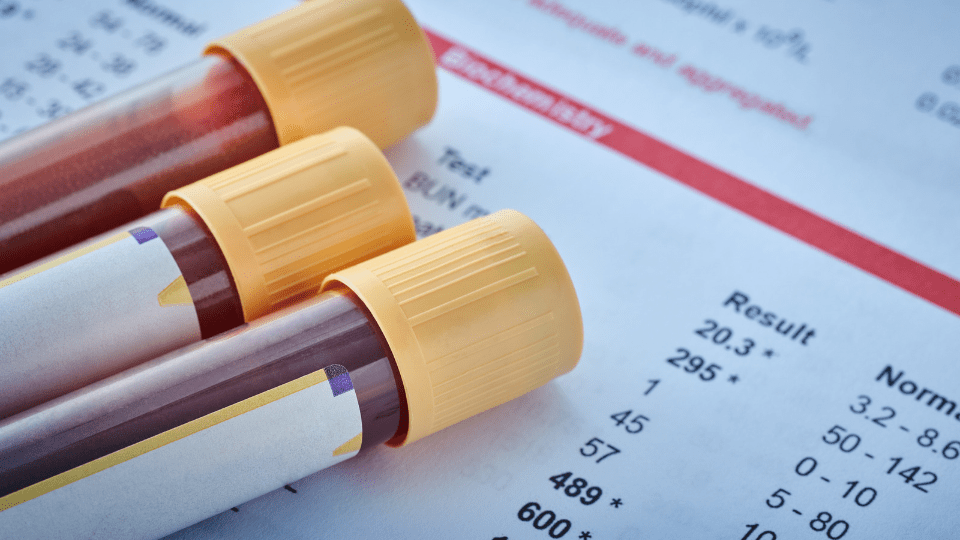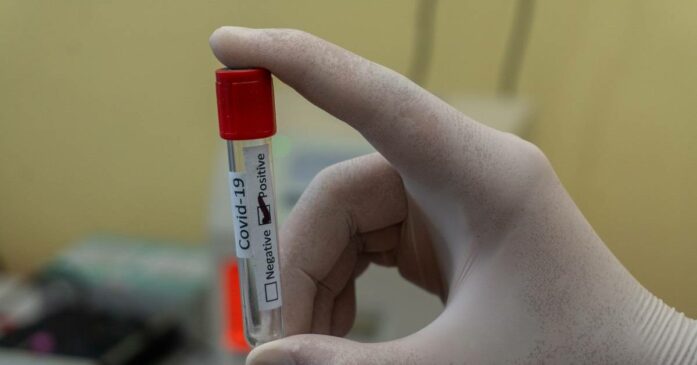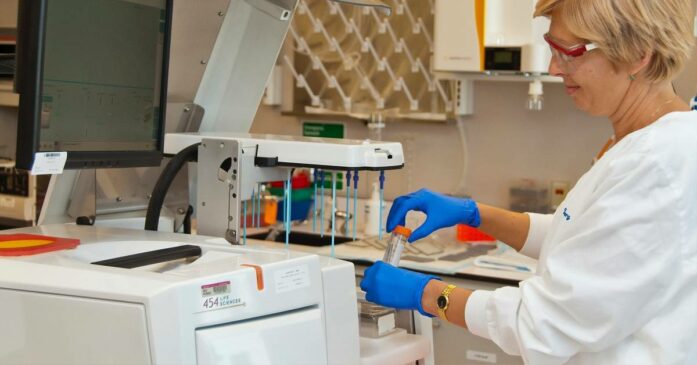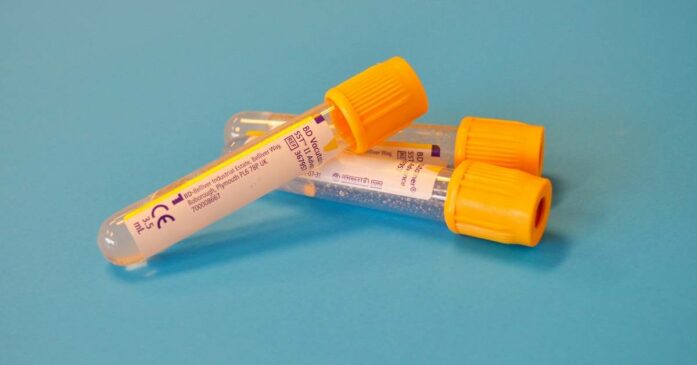Order At-Home Blood Tests Online
In today’s fast-paced world, taking charge of your health has never been more important. With our busy schedules, it’s easy to overlook essential health checkups, which can lead to undiagnosed conditions and a decline in overall well-being. That’s where Halo Health steps in, providing you with a convenient and comprehensive solution for monitoring your health – At-Home Blood Tests. We’ve partnered with Medichecks to bring you a wide range of tests, and we’re excited to introduce you to the array of options available.
Why Choose Halo Health’s At-Home Blood Tests?
Before we delve into the details of our tests, let’s talk about why choosing Halo Health’s At-Home Blood Tests is a game-changer for you. These tests are designed with you in mind, ensuring your health monitoring is both accessible and convenient. Here’s why you should consider our services:
Convenience: Say goodbye to long queues and waiting rooms. With our at-home blood tests, you can collect your sample at a time that suits you, right from the comfort of your home.
Comprehensive Testing: Our wide selection of tests covers various aspects of health, including hormonal balance, fatigue, nutrition, and much more, making it easy for you to tailor your health monitoring to your specific needs.
Quick and Accurate Results: We partner with Medichecks, a trusted name in health testing, ensuring the accuracy and timeliness of your results.
Privacy: We understand the importance of confidentiality. Rest assured that your health information will remain private and secure.
Now, let’s explore some of our most popular At-Home Blood Tests and how they can help you optimise your health.

Menopause Blood Test
For women going through menopause, understanding hormone levels is crucial. Our Menopause Blood Test can provide valuable insights into your hormonal balance, helping you manage symptoms and make informed decisions about your health.
Tiredness and Fatigue Blood Test
If you’re constantly feeling tired and fatigued, it’s time to uncover the root causes. This blood test can detect deficiencies in essential nutrients and check for underlying health conditions that may be draining your energy.
Hair Loss Blood Test
Hair loss can be distressing, and its causes can vary greatly. Our Hair Loss Blood Test checks for imbalances or deficiencies that may be contributing to hair loss, helping you take action to maintain healthy locks.
Health and Lifestyle Blood Test
This comprehensive test covers a broad spectrum of health indicators. It provides insights into cholesterol levels, liver function, kidney health, and more, helping you assess your overall well-being and make proactive choices to improve your health.
Male Hormone Blood Test
Hormonal imbalances can affect men’s health, too. Our Male Hormone Blood Test assesses key hormones like testosterone, DHEA, and cortisol, helping you understand and optimise your hormonal health.

Female Hormone Blood Test
Women’s hormonal health is complex and can influence various aspects of well-being. The Female Hormone Blood Test helps women monitor and balance their hormones for better health and quality of life.
Advanced Male Fertility Hormone Blood Test
If you and your partner are trying to conceive, this test is essential. It assesses crucial male fertility hormones and provides insights into your reproductive health.
Nutrition Blood Test
Nutrition plays a vital role in your overall health and well-being. Our Nutrition Blood Test evaluates your levels of key vitamins and minerals, helping you make informed dietary choices to support your health.
Women’s Ultimate At-Home Blood Test
This comprehensive package includes a range of tests specifically tailored to women’s health, covering hormones, thyroid function, and key health markers to provide a holistic view of your well-being.
Men’s Ultimate At-Home Blood Test
Men’s health is multifaceted, and our Men’s Ultimate At-Home Blood Test addresses various aspects, from hormones to general health markers, to help men take charge of their well-being.

Order At-Home Blood Tests Online
Taking control of your health has never been easier. With Halo Health’s At-Home Blood Tests, you have the power to monitor your health on your terms. Ordering your tests is a simple process:
1. Visit our blood test page on our website.
2. Browse through our range of At-Home Blood Tests and choose the one that aligns with your health goals.
3. Complete your order and watch this video to prepare to collect your sample at home.
4. Receive your test kit at your doorstep.
5. Collect your sample and return it to the lab using the provided pre-paid envelope.
6. Receive your results online, usually within a few days.
Remember, the first step to better health is knowledge, and our At-Home Blood Tests provide you with the essential data you need to make informed choices about your well-being.
In conclusion, Halo Health is committed to offering accessible, convenient, and comprehensive health solutions to people across the United Kingdom. With our partnership with Medichecks, we bring you top-tier At-Home Blood Tests, helping you take charge of your health and lead a happier, healthier life. So why wait? Order your At-Home Blood Tests online today and embark on your journey towards a healthier and more informed you. Your health is your most valuable asset, and we’re here to help you protect it.
Don’t delay, act today, and experience the difference that Halo Health’s At-Home Blood Tests can make in your life.
Contact us today to find out more.
This blog was written on behalf of Halo Health by Pharmacy Mentor.















